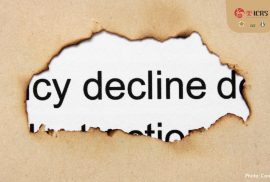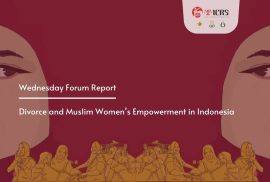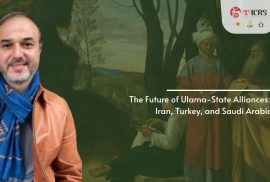Written by Maurisa Zinira
The path of upholding justice frequently presents challenges to both victims and those who devote their lives to this cause. Human rights, which are rights inherent in individuals, cannot be obtained for free; there is a price that must be paid to obtain our rights. Such work for justice frequently calls for considerable effort. Oftentimes, activists themselves have doubts about the viability and efficacy of their work. Has the fight for human rights so far produced any results? Are efforts to advance human rights ineffective?










